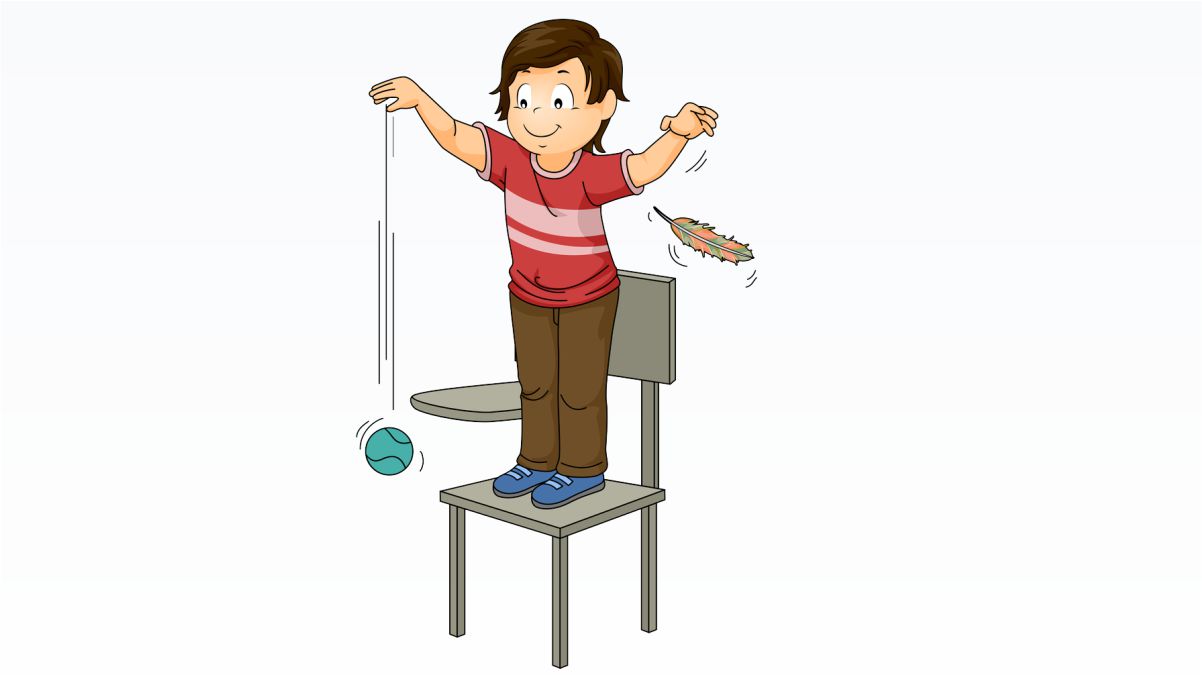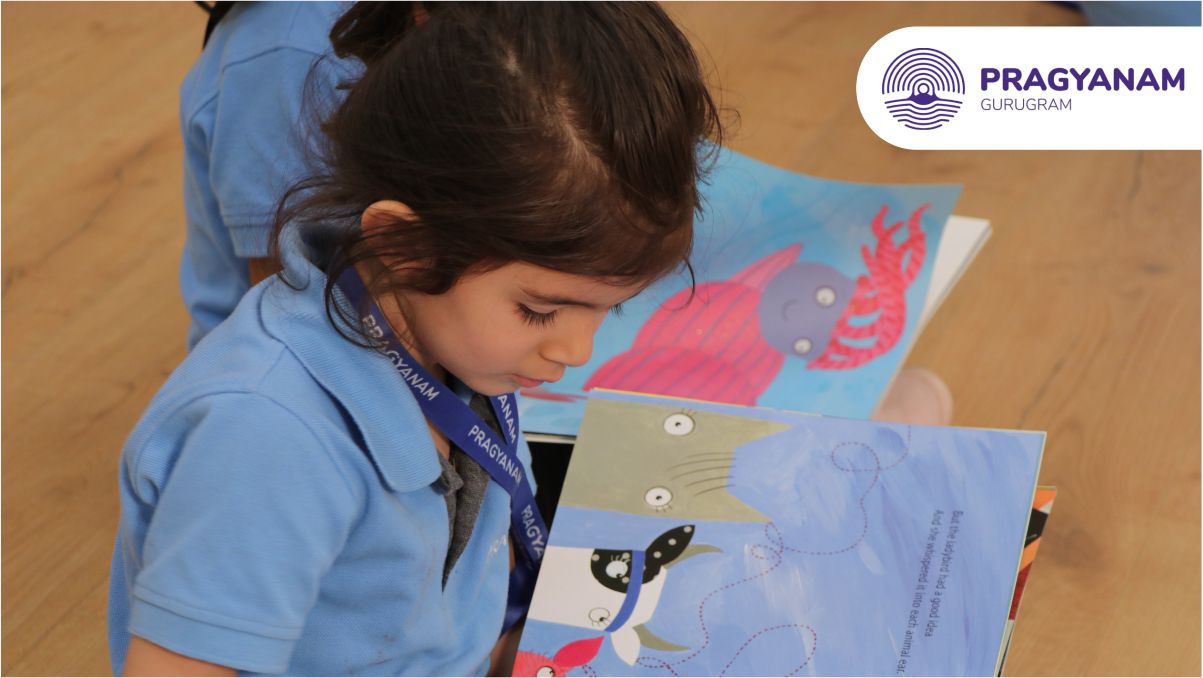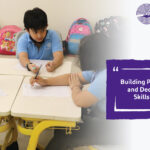Mention the term “Physics” and students are likely to visualize a particularly tough subject with numerous formulae that are likely to leave them confused. It is this perception of the subject that often causes students to have a mind block in studying it. Well, here is the good news-you can change all of this early. At its most fundamental level, Physics is a subject that one engages with in day-to-day life and all that you need to do is to pique the child’s interest in physics.
In fact, come to think of it, children are inherently curious. Just about how many times have you seen them spend hours floating a paper boat or rolling a ball? This is in fact physics in action. Here are many handy ways in which you can get them interested in the many concepts that physics spans:
Table of Contents
Find Magnetic Objects
Now, this is a fun exercise. All you need to do is to offer the child a magnet and get him or her to identify all the magnetic objects at home. The two of you can also hold two magnets & bring their poles together & see how it reacts. When the child is taught that like poles repel & unlike poles attract, later in a class, it will not just be a lesson to be learned but a lived experience.
Floating & Sinking
The next time the child wants to float a paper boat, use the opportunity to let the child explore which objects float & which sink. It will be a good opportunity to explain that certain objects are denser than water and therefore they sink. Once again density as a concept will not just mean learning its definition by rote, for the child.
Gravity
So you are standing on a balcony with the child. What is a better time to introduce the concept of gravity? Get the child to toss items such as a piece of paper, a feather, or a ball and discuss how while all items are falling to the ground, some are falling faster than others. If you get to spot a bird around the same time, it will be worth discussing why it doesn’t fall to the ground.
Discussing the concept of gravity in day-to-day objects such as a ballpoint pen pulling the ink down towards the paper will ensure that the child sees how the concepts are enmeshed in day-to-day life.

Motion
It will be fun to collect a wide range of objects & get all the family members to have fun pushing them. It will be good to discuss how some objects need little effort & some a lot more, to roll them. Issues such as the weight of the object, and the surface that they are being rolled on are likely to come up for discussion.
Similarly, the next time you are traveling in a car & it screeches to a halt, discuss how your body moves forward wanting to continue its state of motion and that you are held back by the seat belt. The concept of inertia will come alive in the child’s mind and once again will not just be a definition that needs to be learned for an exam. That you will also be discussing safety measures such as wearing a seatbelt is an added perk!
Simple Machines
Simple Machines are an important chapter in physics and their applications are widespread. Instead of treating it like a chapter to be learned, get the child to experiment with a pulley and see how lifting gets easier. Similarly, it will be a fun exercise to build a ramp and see toy cars zip by on a steep ramp. Who knows that you could have inspired a young mind to build many machines in the future.

Light
Spend a day with the child studying shadows and how their size changes at different times of the day. You could also challenge the child to look for objects that reflect and absorb light.
Heat
There are just so many experiments you can undertake to discuss the concept of heat. Start by pouring water over some skittles & see their colors dissolve. A good experiment to undertake will also be launching a rocket with baking soda and vinegar as fuel.
Keeping a thermometer outside & recording temperature over several days is yet another fun activity that kids love to do. Be sure to point out how the readings change on a cloudy day as opposed to a sunny one.
With elder children, you could also discuss the heating effect of current and various appliances including the concept of an electric iron is based on this principle.

Sound
With the many sounds that we hear all day, it will be worthwhile to discuss its concept through some experiential activities. Start by making a string telephone with paper cups & strings and have loads of fun whispering into it. At the end of the activity, it will be useful to discuss how sound waves travel from one end to the other. You could also listen to sound traveling underwater. Xylophone water jars would make for yet another intriguing activity where the water levels change the pitch of the sound.
With older children, it will be worth discussing how traffic police use Doppler Radar & how it is based on the concept of the sound’s pitch changing when the source of sound moves.
With each of these experiments what you will do is to build interest in the subject for the child. More than theory lessons children remember physical activities hence it will be great to help them connect the subject with their daily lives. You could also follow up these experiments with interesting videos to deepen their understanding. Searching for challenges that are age-appropriate is yet another way to build a child’s interest in physics.

To Sum Up
With young children who are extremely curious about everything happening around them, there are enough & more opportunities to introduce concepts that will further their scientific inquiry. Learning through doing is in fact the perfect way for them to understand the concept of cause & effect. By starting science education early you also ensure that children form their interest in STEM & develop passions as also career interests early.
What is more, as scientific inquiry requires logical thinking, good communication, attention to detail & more, it is also the perfect way for children to build important life skills. At Pragyanam School, one of the best CBSE schools in Gurgaon, we take great efforts in raising the spirit of scientific inquiry in young learners and also equip them with much-needed life skills!
Here’s to experiential learning and fueling the curiosity of young learners!





